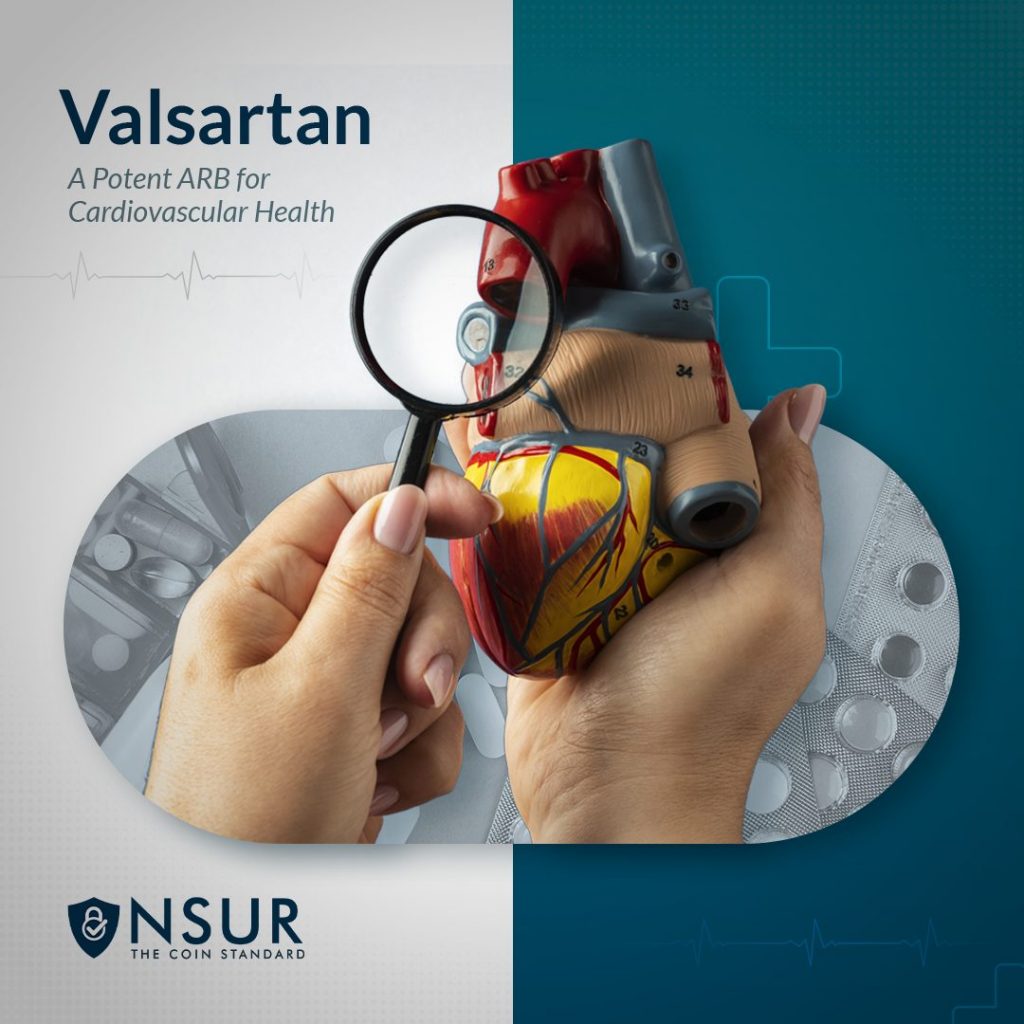
In the realm of antibiotics, Clindamycin holds a significant place, especially when it comes to treating serious bacterial infections. This powerful antibiotic is known for its effectiveness against a variety of bacterial infections, particularly those resistant to other antibiotics. In this blog, we’ll delve into the world of Clindamycin, exploring its uses, mechanism of action, and the precautions necessary while using it.
What is Clindamycin?
Clindamycin is a lincosamide antibiotic, effective against a range of bacterial infections. It’s particularly useful in treating infections caused by anaerobic bacteria – bacteria that do not require oxygen to grow. Clindamycin is often prescribed when other antibiotics like penicillin cannot be used, either due to resistance or allergies.
Uses of Clindamycin
Clindamycin is versatile in its use. It’s commonly prescribed for:
- Skin and Soft Tissue Infections: Such as abscesses, cellulitis, and wounds infected with bacteria.
- Respiratory Infections: Including pneumonia and bronchitis, especially when caused by anaerobic bacteria.
- Intra-Abdominal Infections: Like peritonitis and abscesses.
- Bone and Joint Infections: Such as osteomyelitis and septic arthritis.
- Gynecological Infections: Including pelvic inflammatory disease and bacterial vaginosis.
- Dental Infections: Particularly in individuals allergic to penicillin.
How Does Clindamycin Work?
Clindamycin works by inhibiting bacterial protein synthesis. It binds to the 50S subunit of the bacterial ribosome, thereby preventing the elongation of peptide chains. This action stops the bacteria from growing and multiplying, allowing the body’s immune system to fight off the infection.
Dosage and Administration
The dosage of Clindamycin varies depending on the type and severity of the infection, as well as the patient’s age and kidney function. It’s available in various forms, including capsules, topical solutions, and injections. It’s crucial to follow the doctor’s prescription and not to stop the medication prematurely, even if symptoms improve, to avoid the risk of antibiotic resistance.
Side Effects and Precautions
While Clindamycin is generally safe, it can have side effects. Common ones include nausea, vomiting, diarrhea, and rash. A more serious but rare side effect is Clostridium difficile-associated diarrhea, which can occur due to an imbalance in the gut flora. Patients should inform their doctor if they experience severe or persistent diarrhea.
Patients with a history of liver or kidney disease, gastrointestinal diseases, or allergies to lincosamide antibiotics should use Clindamycin with caution. It’s also important to inform the doctor of any other medications being taken to avoid adverse drug interactions.
Take advantage of NSURx for your prescription drugs!
With the NSURx Prescription Benefit Card, you can save money on your medications at more than 35,000 pharmacies across the United States.
You can save up to 80% on your medication by using an NSURx card. Hundreds of dollars in savings could be yours every time you fill out your prescription.
The more you shop with NSURx, the more NSUR Coins you will receive as a reward.
Conclusion
Clindamycin is a potent antibiotic with a broad spectrum of action against serious bacterial infections. Its ability to treat infections caused by anaerobic bacteria and its use as an alternative in penicillin-allergic patients make it a valuable tool in the medical arsenal. However, like all antibiotics, it should be used responsibly to avoid the development of antibiotic resistance. Always consult with a healthcare professional before starting any antibiotic treatment.
Disclaimer
This blog post is intended for informational purposes only and should not be considered a substitute for professional medical advice. Always consult with a qualified healthcare provider for personalized recommendations and guidance.











